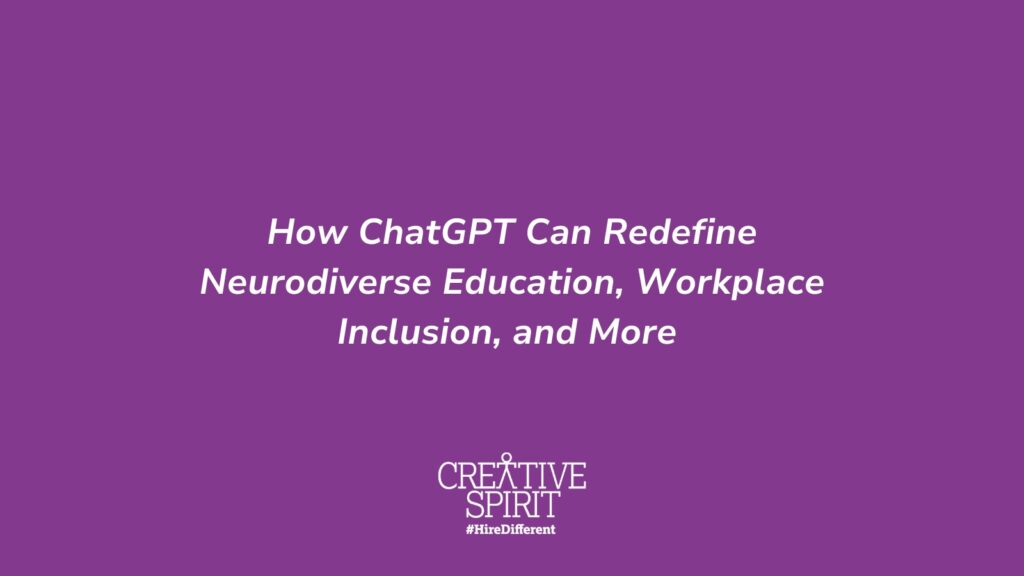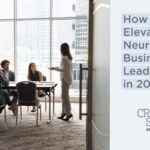Written By: Menachem Rephun, Communications Manager, Creative Spirit

How ChatGPT Can Redefine Neurodiverse Education, Workplace Inclusion, and More
ChatGPT, a language model-based chatbot that can generate written content through deep learning, has been the subject of controversy since its launch in November of 2022. Some have voiced concern over pre-programmed biases within the platform, and even the possibility that ChatGPT could eventually become advanced enough to jeopardize the careers of human writers. In a Fox News interview, technology and information security expert Flavio Villanustre suggested that programs like ChatGPT “absolutely do have bias. Unfortunately, it is very hard to deal with this from a coding standpoint. It is very hard to prevent bias from happening.” These concerns aside, one area where AI programs like ChatGPT could be extremely beneficial is in improving, and even redefining, educational inclusion and accessibility for elementary, middle, and high school students with disabilities, especially those who are neurodivergent. The technology might also be able to improve employment accessibility and inclusion for neurodiverse individuals, as well as relieving feelings of loneliness and isolation experienced by people with disabilities.
ChatGPT and Improving Neurodiverse Education
“AI can provide a foundation for offering personalized learning experiences,” Kim Round, Associate Dean in the Teacher’s College, West Governors University, told Evolllution.com earlier this year. Through those personalized experiences, Round explained, “unnecessary friction is removed, allowing the student to focus on achieving transformational learning. Through technology (i.e., AI and analytics), learning environments adapt to each learner based on their needs.”
Whether one is supportive, skeptical, or cautiously optimistic on the issue of ChatGPT and its societal impact, there’s a very strong case for its value as a practical tool to help both students with disabilities and educators in a multitude of ways. For example, ChatGPT can “speak out the responses for students with sight impairments,” Hurix.com points out, and can also “summarize the topics or concepts from a course for students with learning disabilities. In addition, it enables students who have trouble typing or using a keyboard to speak out their queries.” For students with dyslexia, ChatGPT can help with drafting essays, along with reading text-based content aloud. The chatbot can be equally valuable for educators, Next Gen Personal Finance suggests, allowing them to divide content into manageable segments and create comprehension questions to ensure that students can fully grasp the material. Creating custom study guides, simplifying or summarizing dense texts, and crafting questions at various Depth of Knowledge levels are just “one of the many ways that ChatGPT could be used in class,” Kevin Roose writes in the NY Times. “It could write personalized lesson plans for each student (“explain Newton’s laws of motion to a visual-spatial learner”) and generate ideas for classroom activities (“write a script for a ‘Friends’ episode that takes place at the Constitutional Convention”).”
Jude Miqueli, a technology expert and educator, strongly advocates for ChatGPT as an educational tool. While some teachers might be concerned about ChatGPT being exploited for plagiarism or cheating, Miqueli cautions against this outlook as undermining the potential benefits ChatGPT has to offer.
“By stigmatizing and discouraging the use of accessible technology, [teachers] risk holding students back from realizing their full potential and developing the skills they need to succeed in an increasingly digital world,” Miqueli wrote in a recent Medium.com essay. “Furthermore, students may perceive teachers as out of touch and uninformed if they dismiss the potential of ChatGPT, leading to a lack of trust in their expertise.”
ChatGPT can help students with physical disabilities as well, Chronicle.com notes, by allowing them to conduct research without physically going to the library. For students on the autism spectrum, ChatGPT’s “social scripting” can help greatly with social interaction. The platform can also be beneficial to students who have trouble organizing their thoughts by suggesting opening paragraphs for essays and other written content. These examples are just a few of the ways ChatGPT could significantly enhance the teaching process and the overall educational experience for neurodiverse students and those with physical disabilities.
ChatGPT And Neurodiverse Employment
In addition to its benefits for teachers and neurodiverse students, ChatGPT has the potential to improve employment for the neurodiverse community. Finding a job can be extremely challenging, and neurodiverse people often encounter additional obstacles in the interview and hiring process due to communication barriers, lack of reasonable accommodations, and systemic biases within the interview and hiring process. In her essay “ChatGPT as Assistive Tech”, Miqueli writes that ChatGPT can resolve some of these challenges by helping neurodiverse people more easily identify the job opportunities best suited to their specific skills and interests.
“By analyzing a person’s previous work experience, education, and other relevant information, ChatGPT can suggest job openings that [neurodiverse job seekers] may not have been aware of otherwise,” Miqueli writes. “This can help to increase the likelihood of finding a job that aligns with their strengths and abilities.” Miqueli adds that ChatGPT can help with other aspects of job-searching as well, including the application process, interview preparation, and improving job accessibility by helping with searches and application materials. Miqueli points out that ChatGPT can also have huge value in “enhancing communication and collaboration, promoting greater efficiency and productivity, and helping to create more inclusive and diverse work environments.”
A report by Harvard Business Review.org concurs with Miqueli in outlining the benefits ChatGPT and similar programs could have when applied to neurodiverse employment.
“Generative AI can help individuals find — and do well in — jobs that they couldn’t previously have held,” the report suggests. “For example, OurAbility provides an AI-powered platform that utilizes chatbot technology to assist unemployed individuals in finding and securing employment opportunities.” In short, ChatGPT’s powerful research, writing, and language processing abilities could transform employment for neurodiverse employees by making tasks, especially those that revolve around written and verbal communication, simpler, easier, and less-time consuming. “The last thing any employee would want is to come off “short” to colleagues,” Accessibility.com points out, “especially if that wasn’t their intention. With ChatGPT, the same professional can use their shortened prompt to quickly produce an email that includes polite or longer language without the extra time and effort related to their other methods of communicating.”
Prejudices and stereotypes are also two of the most significant barriers to employment for neurodiverse individuals. This is another area where ChatGPT could excel, breaking down those misconceptions by providing more accurate, detailed, and well-researched information on neurodiverse conditions like autism, ADHD, dyslexia, and others. By enhancing communication, helping with organizational tasks and daily routines, and reducing misconceptions, ChatGPT could play a major role in the future of neurodiverse employment.
The Therapeutic Value of ChatGPT
We’ve seen that ChatGPT has huge untapped potential for neurodiverse education and employment, but there is another area where it might be equally beneficial. CHRT.org reports that 40% of adults with a chronic disability have described experiencing intense loneliness, a fact that holds true for neurodiverse individuals as well, who might feel isolated due to communication barriers and being unfairly judged or misunderstood by neurotypical society. Could ChatGPT help with these challenges? Maxfield Sparrow, a blogger with autism and ADHD, believes the answer is yes.
“One night I wanted to talk to ChatGPT about some social struggles I’d been having,” Sparrow recounted in a recent essay for ThinkingAutismGuide.com. “It actually gave me some really good perspective, and I didn’t have to worry that it was just telling me what it thought I wanted to hear, because it’s not programmed to do that. It was very comforting to get some reality check on things that had been troubling me.”
Sparrow adds that ChatGPT has also been helpful with improving creative focus as a person with ADHD. “My mind can swim deeply into so many topics when it has a virtual pool wall to push against to get a good start,” Sparrow writes. “GPT has become that starting block for me.” For people with cognitive impairments and memory loss, ChatGPT can help on a practical level by providing medication, appointment, and daily chore reminders. In a research study on the benefits of ChatGPT in relieving loneliness in older adults with MCI, Drs. Xiang Qi and Bei Wu of New York University found that ChatGPT “can act as a virtual companion, providing older adults with MCI a safe and judgment-free space to engage in conversations.” They added that ChatGPT is “designed to understand and respond to complex queries, making it an ideal companion that can adapt to the cognitive abilities and interests of the user. By doing so, ChatGPT can help alleviate feelings of loneliness and foster a sense of connection, which has been shown to improve mental health and well-being.” A 2021 study by researchers at Palo Alto University found that chatbots like ChatGPT “have been shown to lead to improvements in mood and symptoms of mental disorders.” At the same time, the study acknowledged that “research on chatbots is in the early stages, there are no studies on chatbots for social isolation, and understanding how individuals perceive the chatbot can inform future developments.” The study also found that “from asynchronous and exclusively text-based conversations users were able to build a bond with a chatbot.”
While ChatGPT holds promise as a therapeutic resource, there is still room for improvement and refinement in its overall accessibility for neurodiverse users and those with physical disabilities. “ChatGPT needs to improve its accessibility efforts, too,” Thomas Krauter, CEO of Intive, wrote in an essay for Medium. “Currently, it relies on a text interface, where people have to manually type out their question. For people with visual impairments or limited mobility, ChatGPT is exclusionary. Moving forward, the software could include voice activation and other accessible features, to ensure that everyone can reap its potential.” For those interested in using ChatGPT to relieve loneliness, Bizadmark.com cautions users to maintain a “realistic approach” towards ChatGPT and its capabilities, since, despite its sophistication, it is still simply an AI language model, rather than a human being. “It’s important to set boundaries when using ChatGPT to cure loneliness,” the article suggests. “While ChatGPT can provide emotional support and a listening ear, it’s not a substitute for real-life human connections. It’s essential to maintain a healthy balance between engaging with ChatGPT and seeking out other forms of social support.” The article also points out that ChatGPT should not be viewed as a substitute for therapy or professional help. With this grounded approach in mind, ChatGPT can be used by people with disabilities as a supplement to other therapy outlets.
ChatGPT: A Valuable Resource for Neurodiverse Inclusion
Whatever reservations one might have about ChatGPT, it seems that it’s here to stay, at least for the foreseeable future. Fortunately, as with other innovative new technologies, it can be utilized in a positive and constructive way. ChatGPT has unprecedented potential for the neurodiverse community, creating education that is more accessible, and workplaces that are more inclusive, accommodating, and easier to navigate. If nothing else, ChatGPT represents an opportunity to make a difference. We should not let that opportunity fall by the wayside.






